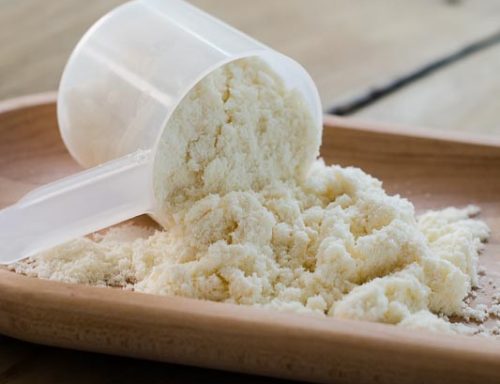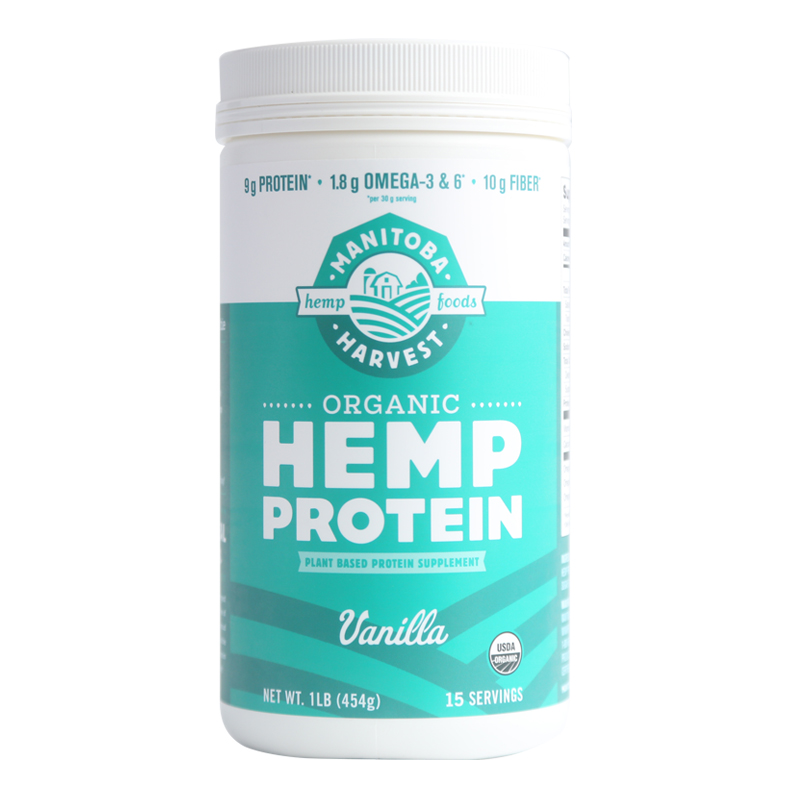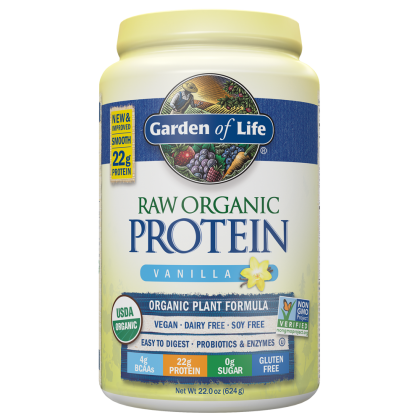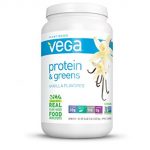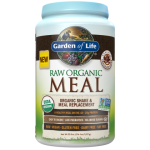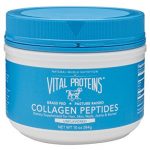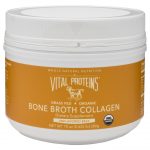Protein powders are probably the most well-known sports supplement, and with so many types we decided to highlight them in their own post! “Which one is best for me?” is definitely a prominent question we get when a customer is picking out a product – but that can be hard to answer since everybody is different. Here we’re going to discuss some popular varieties of protein powders, what they are, the pros/cons, and common reasons for using. With this information we hope that you will have a better idea of which is truly better for you personally the next time you decide to pick some up!

Why should you use Protein Powder?
Consuming a proper amount of protein in your diet is essential for many functions in the body; the recommended daily intake is .8g/kg of body mass for inactive and 1.2-2g/kg of body mass for active individuals (Note: per kilogram not pound of body weight). Making sure to consume enough protein can help with everything from hair and nail health, muscle strength, proper enzyme levels and functions, food cravings, amount of lean body mass and that’s just naming a few!
While we do suggest ingesting majority of your protein intake through whole food sources, protein supplements can be beneficial for several reasons: they are budget-friendly for the amount of protein per serving, are convenient for busy schedules and can aid in athletic performance by allowing quick replenishment to muscles (when compared to protein sources requiring more digestion).
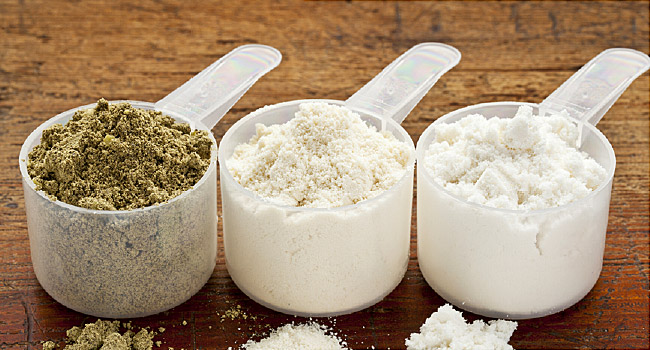
Whey Protein (Concentrate vs. Isolate)
One of, if not the most, commonly used protein powders is whey protein, a milk derivative. Some benefits is that the protein is easily absorbed by the body, it has shown to promote lean muscle, and promotes a healthy metabolism. There are two different types: concentrate and isolate. Concentrate is the least processed form that contains some fat, as well as lactose. Isolate is the more processed form of whey in which the fat and lactose are removed; this makes the protein readily available and better absorbed by muscles during key times, such as post-workout. While generally inexpensive on the protein spectrum, we do recommend making sure your protein choice is organic and if possible grass-fed. Being a dairy-based product, exposure to added hormones, antibiotics and other additives are a possibility and can lessen the quality of what you’re consuming.
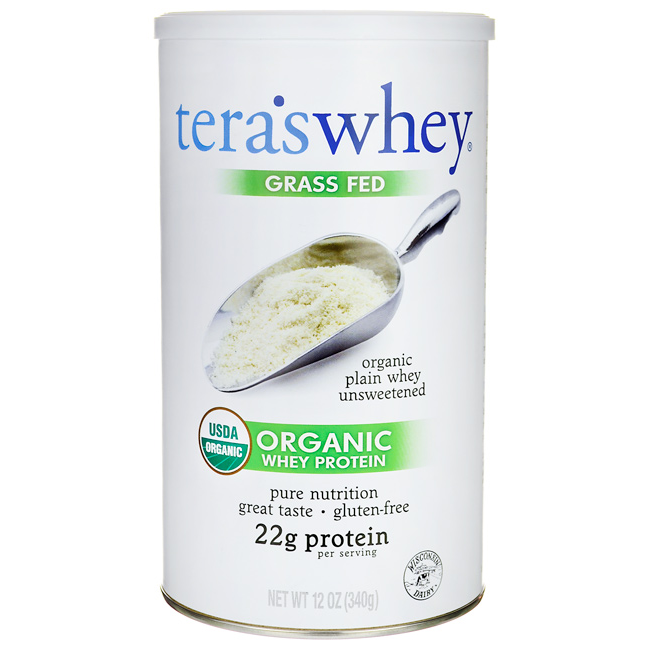
Product: Tera’s Whey Protein
Casein
Another milk-derived protein source, casein is different from whey protein in that it is not typically used as an all-the-time protein option. Casein is a slower digesting protein, meaning it is not used as quickly by your body and is not the best option for specifically for post-workout timing. Using this protein powder can be beneficial during the day/in-between meals to keep hunger at bay, or at night to provide your body with a slow release of amino acids to help repair muscles during sleep. Similar to whey, assuring the quality of the protein-source is important with casein, and can pose issues for some with lactose sensitivities. While it is possible to purchase casein on its own, it is more commonly found in protein blends mixed with whey.

Product: Bluebonnet Dual-Action Protein
Egg Protein
Usually labeled ‘egg white’ protein, using this form has increased in popularity due to having a high biological value, meaning the body can absorb and use this protein very efficiently. This is another form that is digested slowly, so it is best to use throughout the day or at night rather than following up a workout. With very little fat or carbohydrates though, this is still a good option for supporting overall lean muscle and consuming a complete protein source free of dairy.
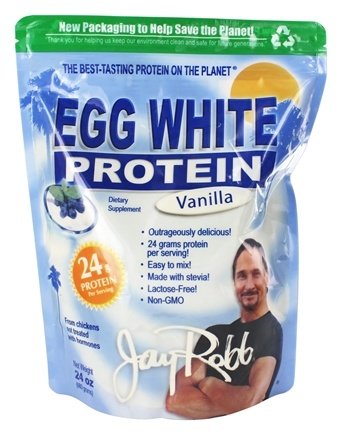
Product: Jay Robb Egg White Protein
Plant Based Options
Traditionally people abstained from plant-based protein powders for two reasons – they were deemed as incomplete protein sources and the taste was not comparable to their animal-based companions. Both of these arguments have been debunked for the most part and the options for plant-based protein seekers is abundant with products that taste just as good, if not better. More often than not you’ll see plant-based protein powders are a blend of protein sources, this allows for a complete amino acid profile. If they are not a blend, they can still be worth using for both protein content and additional health benefits.
Soy
While being one of the few plant sources with a complete amino acid profile, soy protein receives controversy for its hormonal effects and susceptibility to being genetically modified.. If you’re seeking a simple plant-based protein that is complete on its own, it is a good choice. But make sure the product you use is organic and non-gmo to ensure its quality for your health.
Pea/Rice
Two sources that are usually found together are pea protein and brown rice protein; they are both hypo-allergenic, have a high biological value, and when combined provide a complete amino acid profile similar to whey’s.
Hemp
Derived from Cannabis sativa plant, hemp protein is a single plant source that does contain all essential amino acids on its own, however is very low in some so is often labeled incomplete. This option is also an excellent source of Omega-3 and Omega-6 fatty acids, fiber and a range of other nutrients. Being only 30-50% protein content per weight, this powder is another option best for use throughout the day, not following a workout where solely protein is preferred.
Other Options
While the previous ones mentioned are the most typically found, we offer a variety of other plant-based options. Some varieties include Pumpkin Seed Protein that boasts high bioavailability in the body, is rich in nutrients like zinc and easy on digestion. There are plenty of other mixes that use superfoods such as Sacha Inchi, Cranberry, or other nut/seed derived proteins, which comes down to personal preference on use and taste.
Product(s): Vega SPORT, Manitoba Harvest Hemp Protein, Garden of Life RAW protein
Meal Replacements
Along with our strictly protein selections, you’ll find a variety of powders that offer more in their formulas. Some have a simple addition of green, such as Vega Protein & Greens, that are useful when consuming concentrated protein as the greens combat free radicals while too much protein consumption can promote them. Other options go as far as containing fiber, probiotics, Omega-3s, fruits, vegetables and antioxidants. These are best for those with weight-related goals, as they can replace a meal without skimping on nutrients, or be an easy addition to ‘bulk up’ a meal. They are also good options for those with busy schedules, as again they provide an easy way to consume necessary nutrients in addition to their protein content.
Product(s) : Vega Protein & Greens, Garden of Life RAW Meal
Collagen
Not the most typical consideration when thinking about protein powders, we decided to include collagen in our list as it provides many health benefits alongside a decent protein content and full amino acid profile. Supplementing with collagen can support healthy joints, digestion, plus hair, skin and nail health. Collagen is not meant to be used in the same way a protein powder is, as it does not have as high of a protein content averaging 9g/serving, however can be very beneficial to add supplementary protein throughout the day. There are also many options for what works best for you – collagen peptides for example come in an unflavored powder and can even be added into your protein shake, or bone broth powders can be added into savory dishes to reap its benefits.
Product(s): Vital Proteins – Collagen Peptides and Bone Broth

